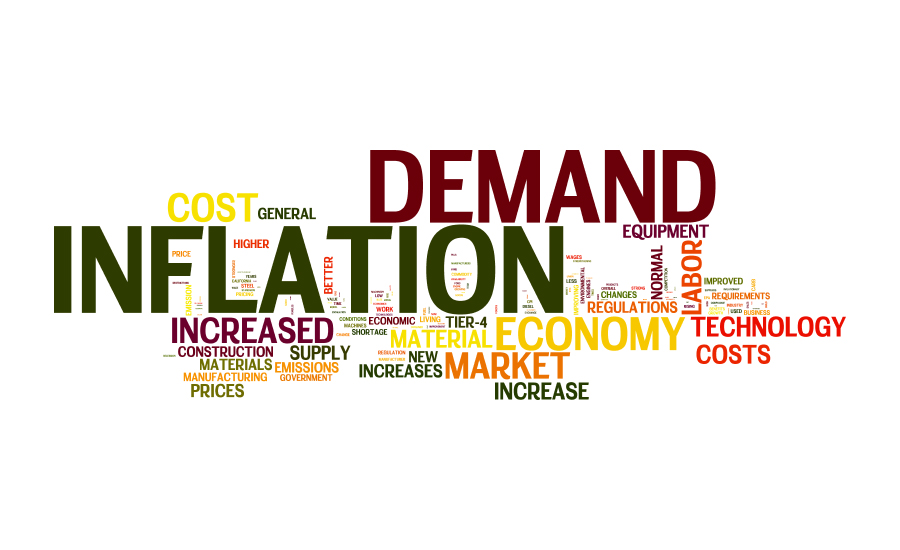The impact of inflation is unevenly felt by different groups of individuals within the national economy. Generally speaking inflation inflicts more harm on low and fixed income groups than on high and flexible income groups.
Inflation is a great stimulant to business enterprise and the entrepreneur stands to profit greatly by rising prices.
He finds his inventories appreciating in value to the extent that the value of money is falling and therefore can sell them at better prices. The benefits of rising prices will be reaped only if prices rise faster than costs of production.
ADVERTISEMENTS:
Debtors as a group fare well during inflation while creditors stand to lose. Debts are fixed in terms of money. If a person borrows money before price rise and repays it during inflation, he pays back the same quantity of money which has less purchasing power.
Inflation is favourable for investors in equities but is rather harsh on investors in fixed interest yielding bonds and other similar titles to money.
Equity dividends increase as a result of increasing corporate earnings while bond income remains fixed. The small middle class investor has much to lose during inflation since he usually places his savings in fixed interest- yielding securities.
ADVERTISEMENTS:
Farmers in general are a favoured class during inflation not only because prices of farm products increase but because prices and costs paid by them lag behind prices received. Again, farmers as debtors also stand to gain inflation.
Wages being fixed by contracts do not rise simultaneously with prices. The working classes find the purchasing power of their incomes falling during rising prices.
This causes hardship. However, inflation favours wage earners in a different way. During inflation production expands, the demand for labour is high and the volume of employment is maintained at a high level. The rentier class is also hard hit by inflation.
Thus we may conclude that inflation redistributes wealth and income in such a way as to hurt consumers, creditors, small investors and fixed income groups and to benefit businessmen, debtors and farmers.

